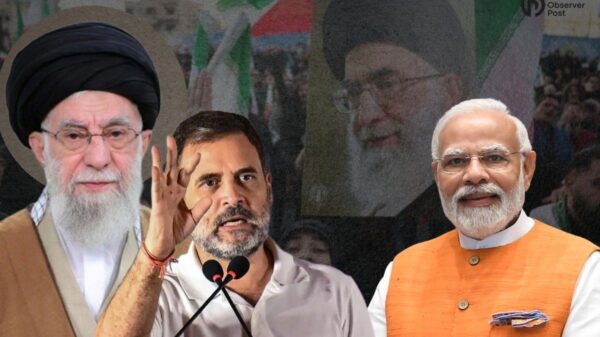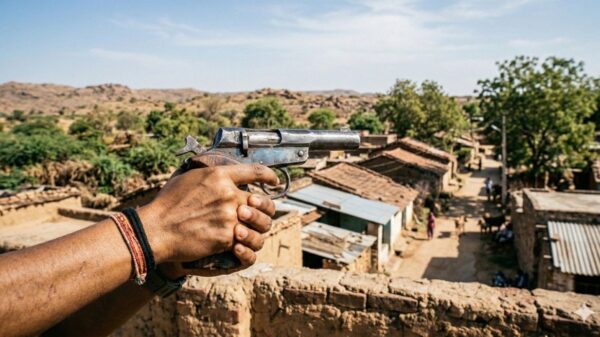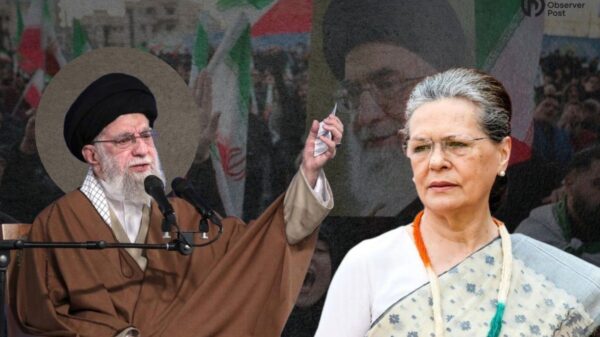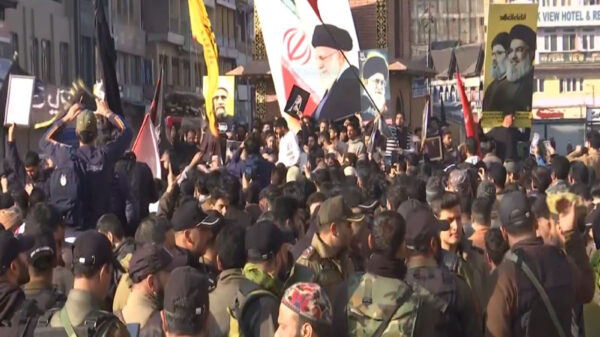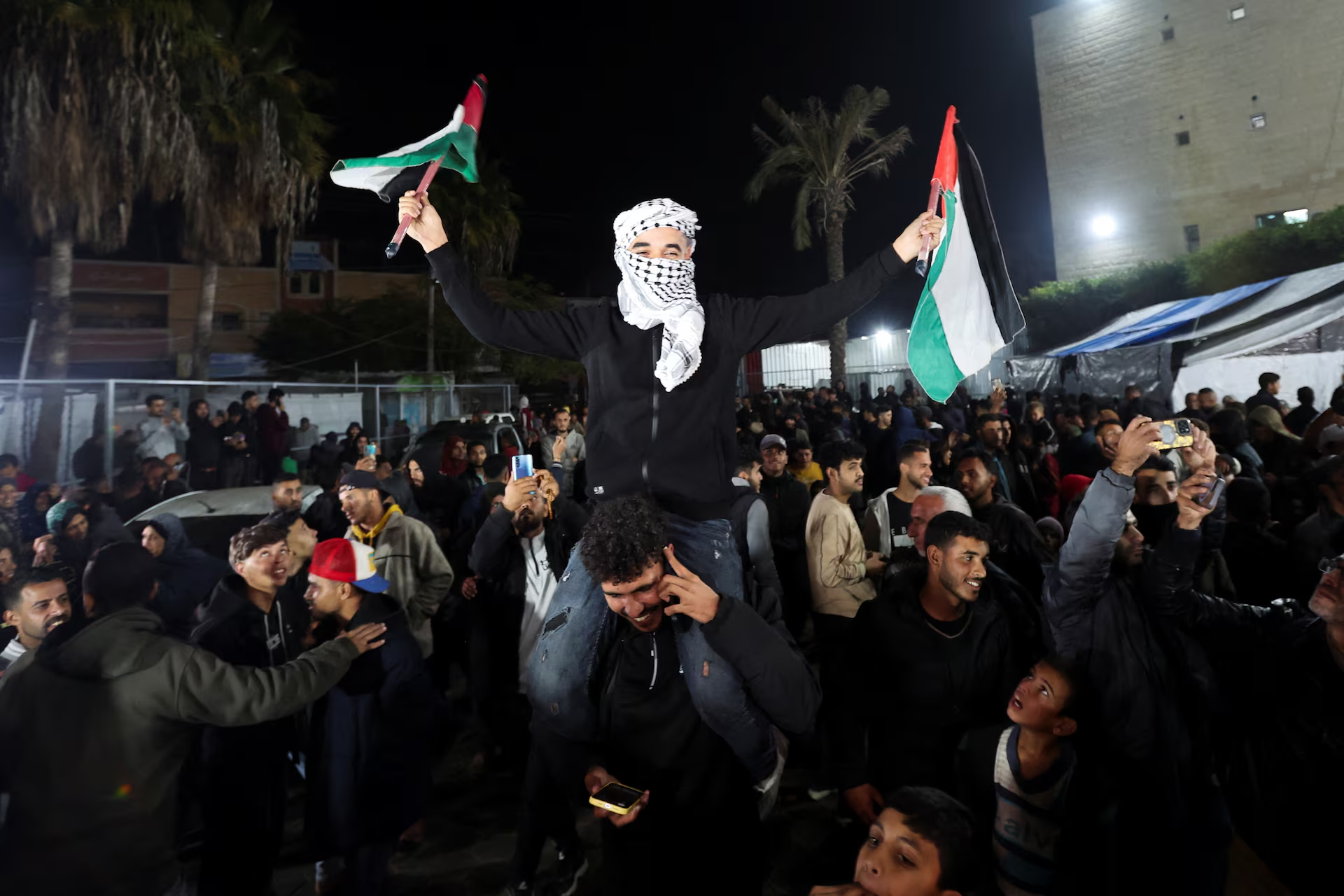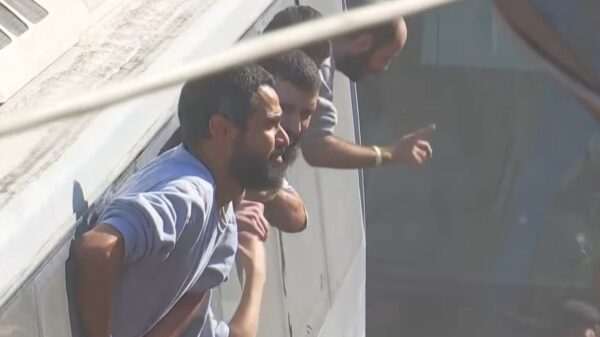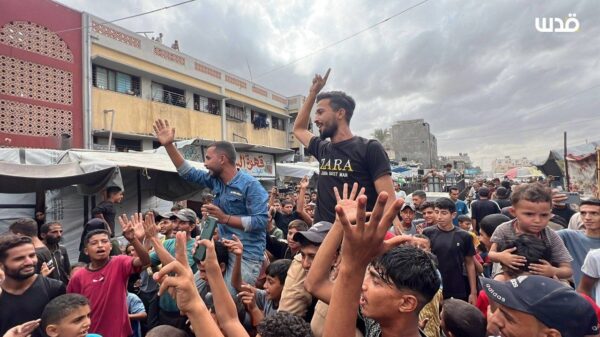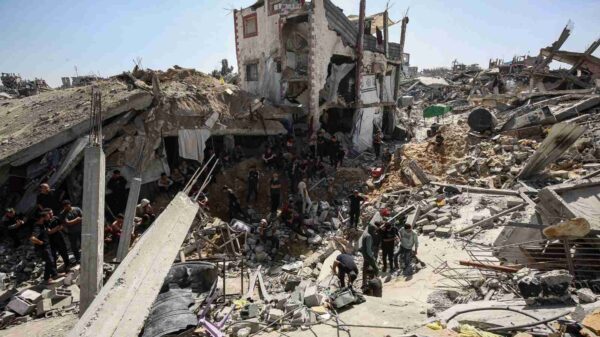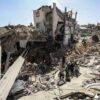A ceasefire agreement between Israel and Hamas finally came into effect on Sunday after a nearly three-hour delay, pausing 15 months of relentless conflict in the Gaza Strip. The delay proved deadly for at least 19 Palestinians, who were killed in Israeli airstrikes amid last-minute disputes over the hostage exchange list.
The truce, originally set to begin at 8:30 am local time (06:30 GMT), commenced at 11:15 am (09:15 GMT) following the handover of three Israeli female hostages to the International Committee of the Red Cross (ICRC) by Hamas. The hostages, identified as Romi Gonen, Doron Steinbrecher, and Emily Damari, include individuals holding Romanian and British citizenship.
Qatar’s Ministry of Foreign Affairs confirmed the truce, with spokesman Majed al-Ansari stating, “The names of the three captives who will be released today have been handed over to the Israeli side. Thus, the ceasefire has begun.”
As part of the agreement, Hamas released the hostages in central Gaza, while Palestinian prisoners scheduled for release in the first phase of the deal were transferred to Ofer Prison near Ramallah.
Reports indicated that some families of Israeli captives protested outside Ofer Prison, calling on settlers to disrupt the exchange process. Despite these tensions, the agreement proceeded under tight security measures.
The delay in enforcing the ceasefire was attributed to what Hamas described as “technical field reasons,” delaying the submission of the prisoner exchange list. Israeli authorities continued their military operations during this period, resulting in additional casualties in Gaza.
The war, which began in October 2023, has left more than 46,899 Palestinians dead and over 110,000 wounded, not accounting for Sunday morning’s fatalities. The humanitarian toll has been catastrophic, with widespread famine and infrastructure collapse across the Gaza Strip.
Relief Effort Amid Celebrations
As the ceasefire took effect, the Government Media Office in Gaza announced the deployment of thousands of police officers to restore order. Municipal teams began clearing rubble and reopening roads blocked during Israeli military operations.
Hundreds of ambulances and aid trucks, stationed at the Rafah border crossing, prepared to deliver medical supplies and humanitarian aid to the devastated region.
Celebrations erupted in areas like Bureij and Nuseirat refugee camps, with displaced Palestinians returning to their homes in hopes of rebuilding their lives.
Footage from Gaza showed Al-Qassam Brigades parading through the streets during the handover of hostages, alongside jubilant civilians waving Palestinian flags. Massive gatherings in Khan Younis and other war-torn areas marked the end of Israeli aggression with prayers and processions.
The ICRC, overseeing the hostage exchange, emphasized the need for all parties to respect the rights of detainees and adhere to international humanitarian laws.
The ceasefire offers a brief respite from the devastation, but questions remain about the sustainability of peace in a region marked by decades of conflict. Aid organizations are urging immediate international support to address the humanitarian crisis in Gaza.






